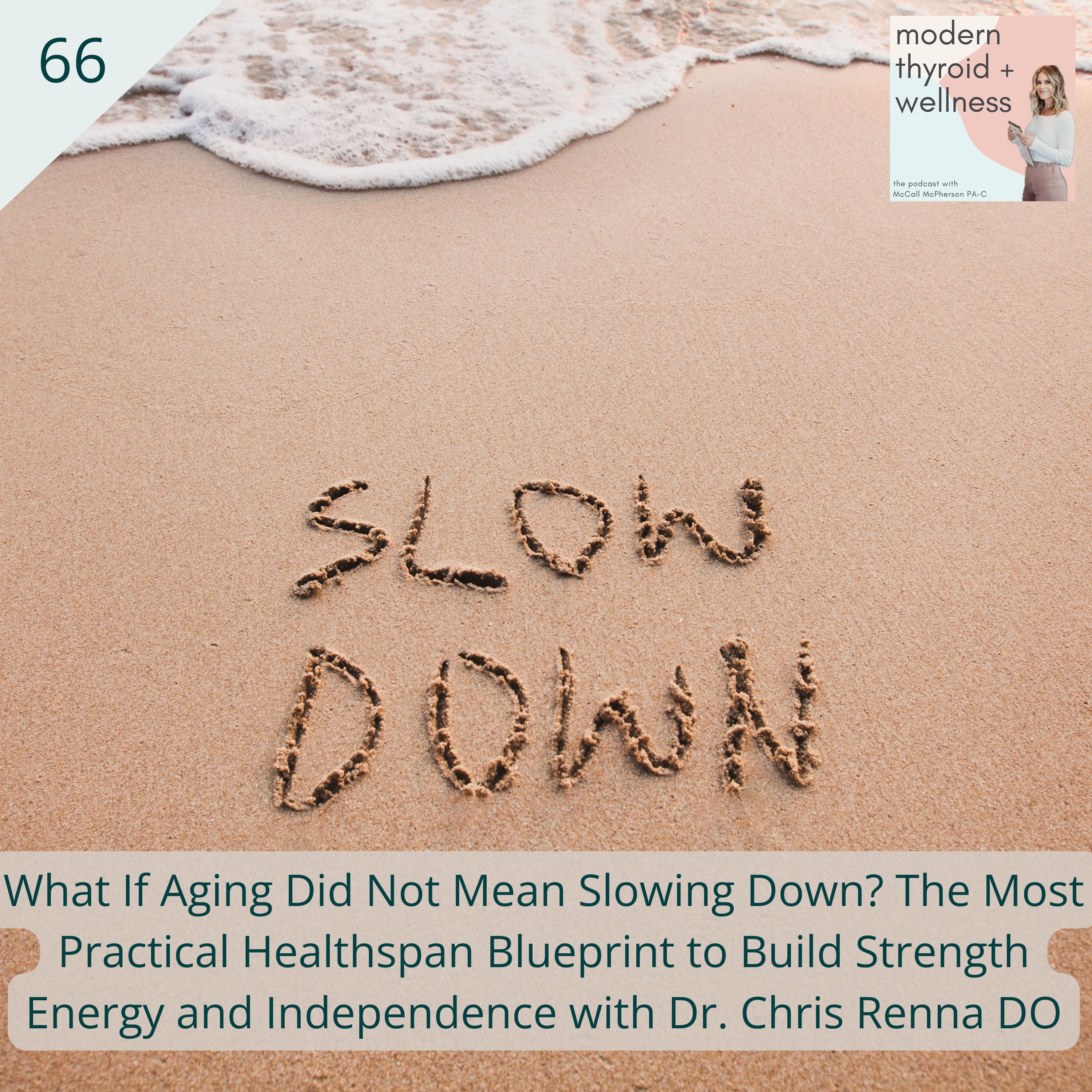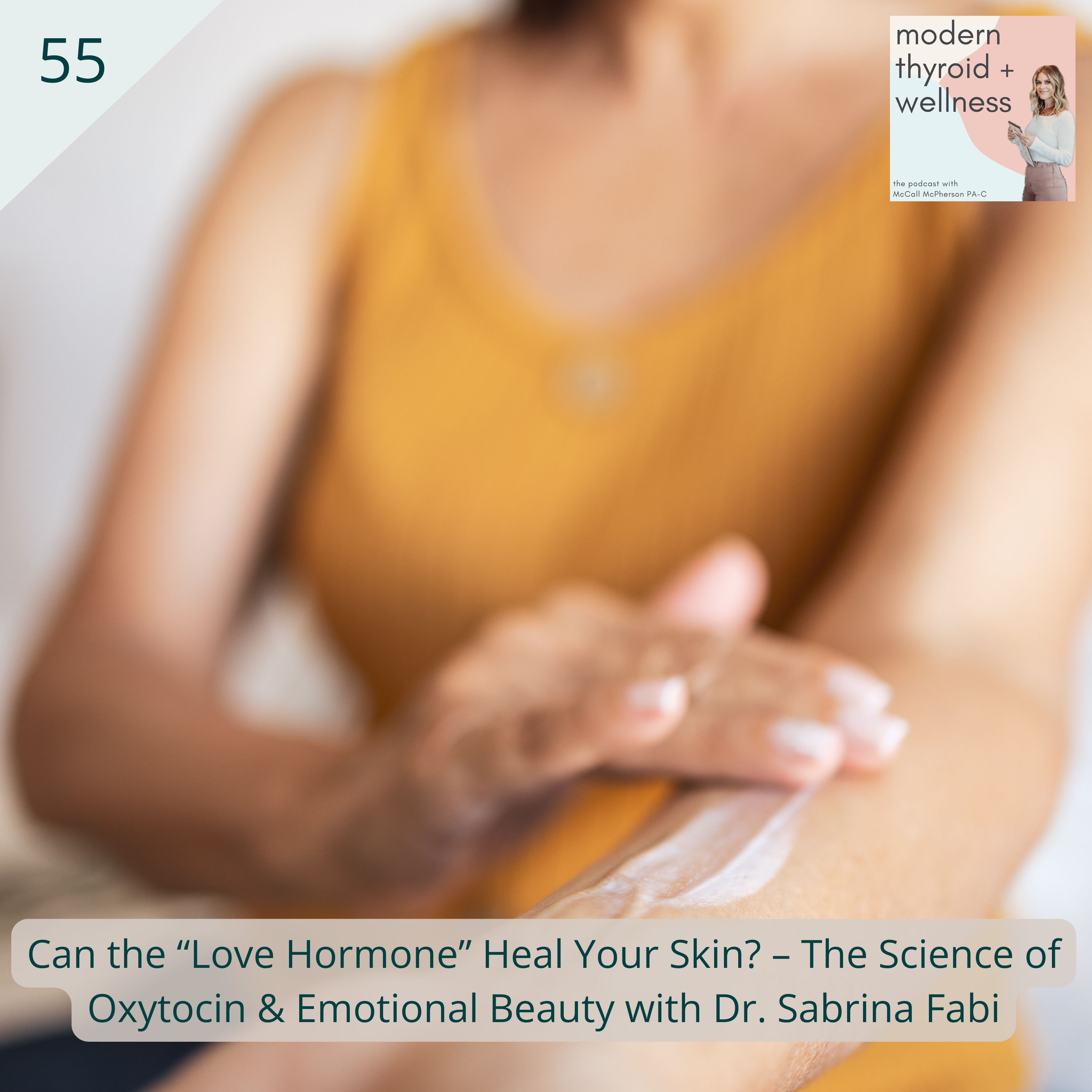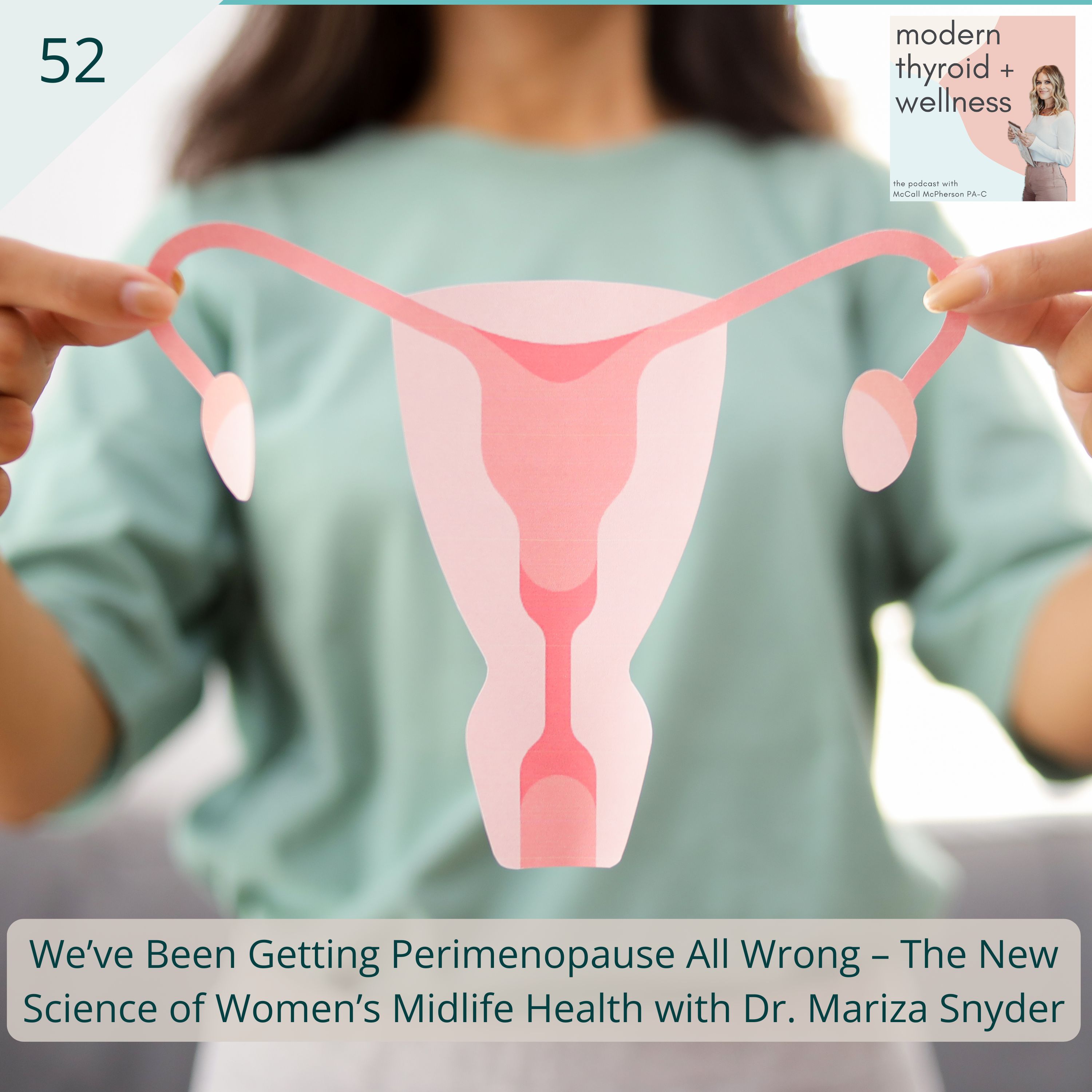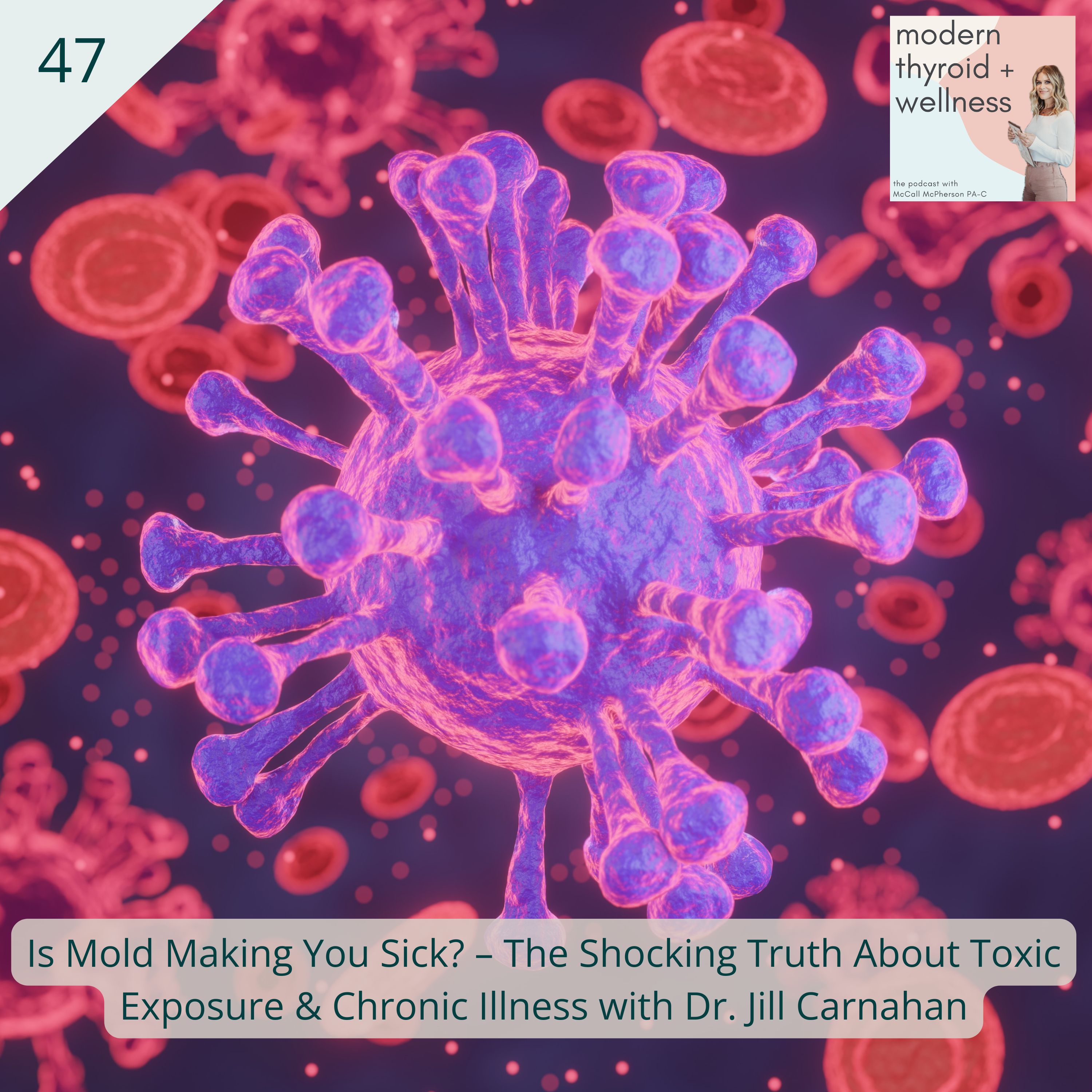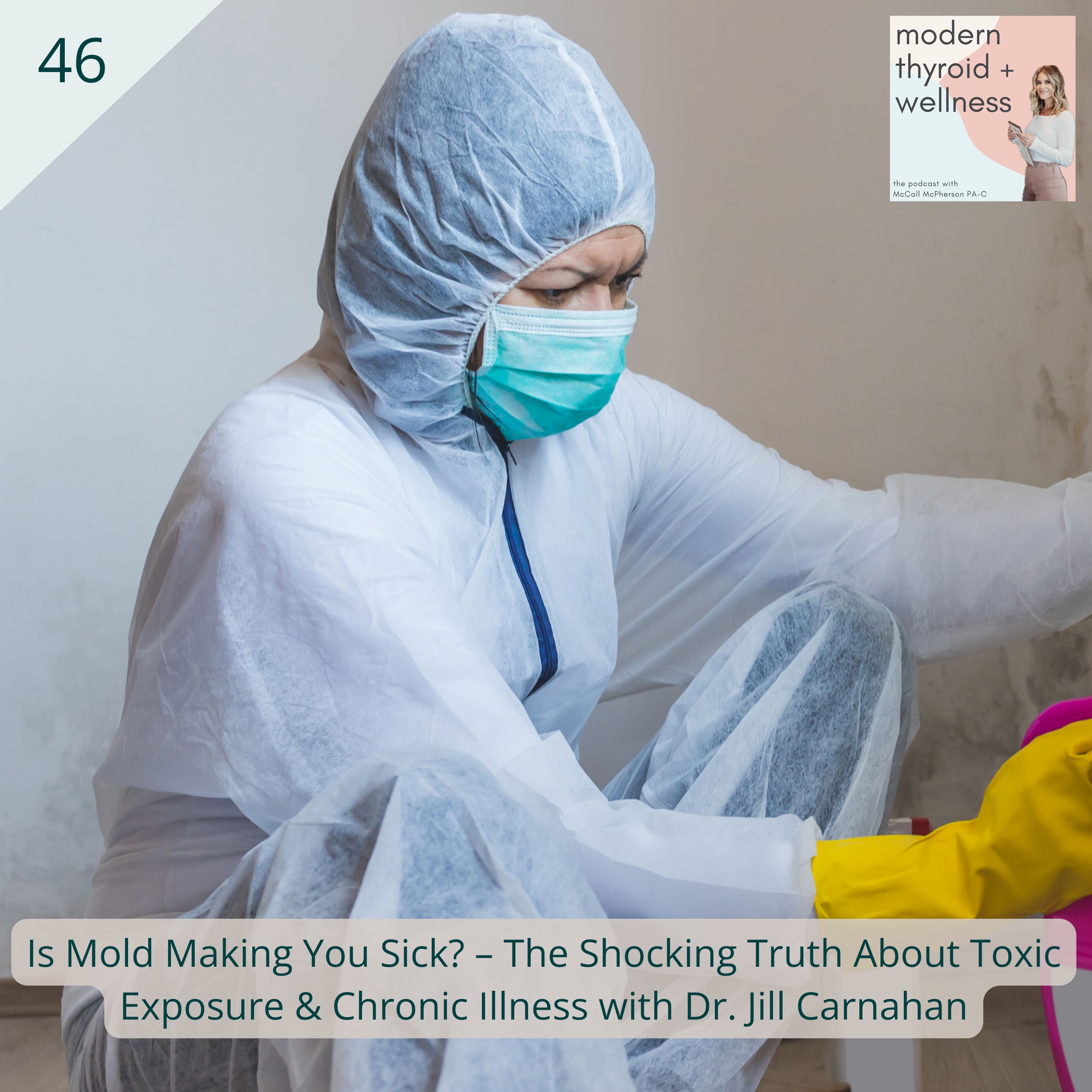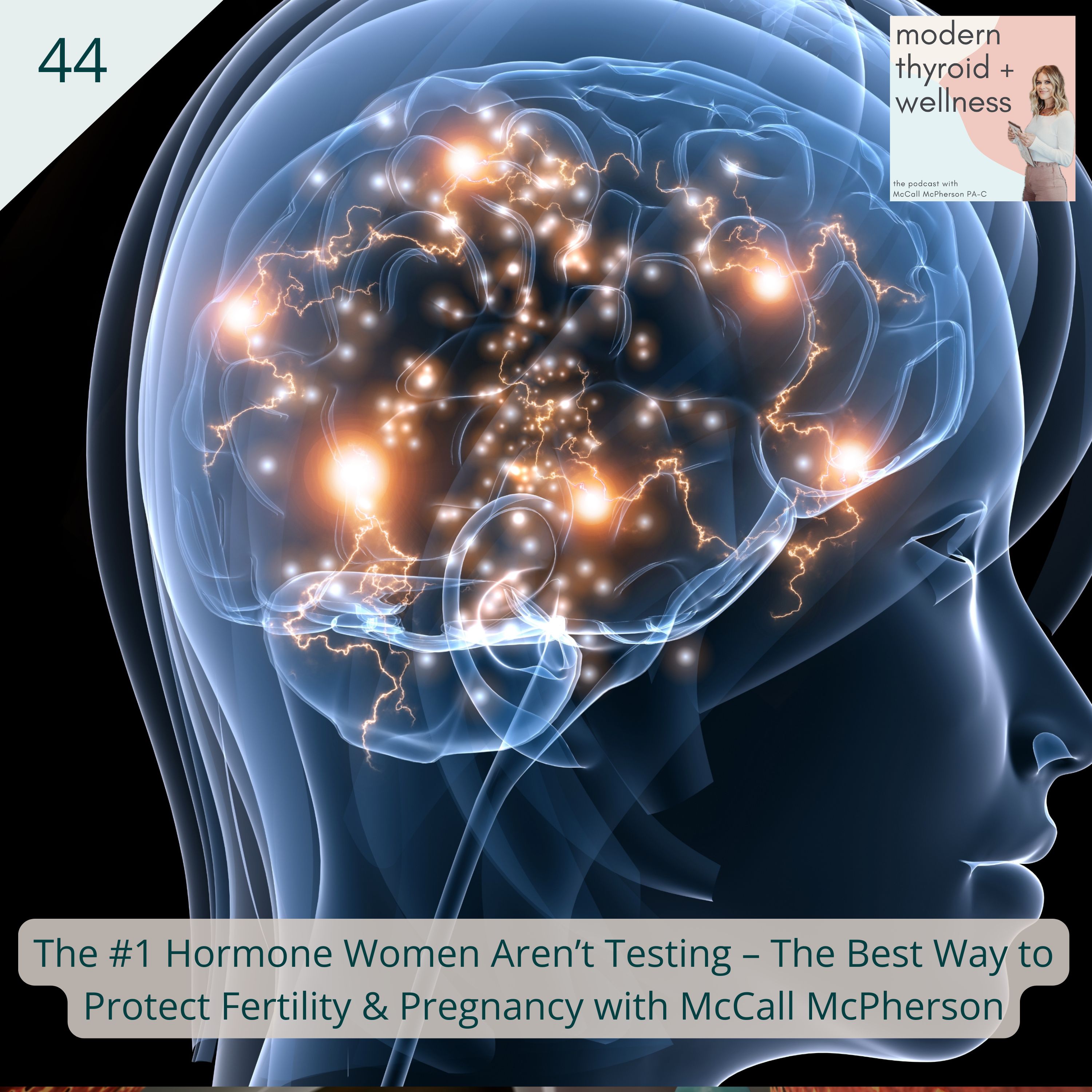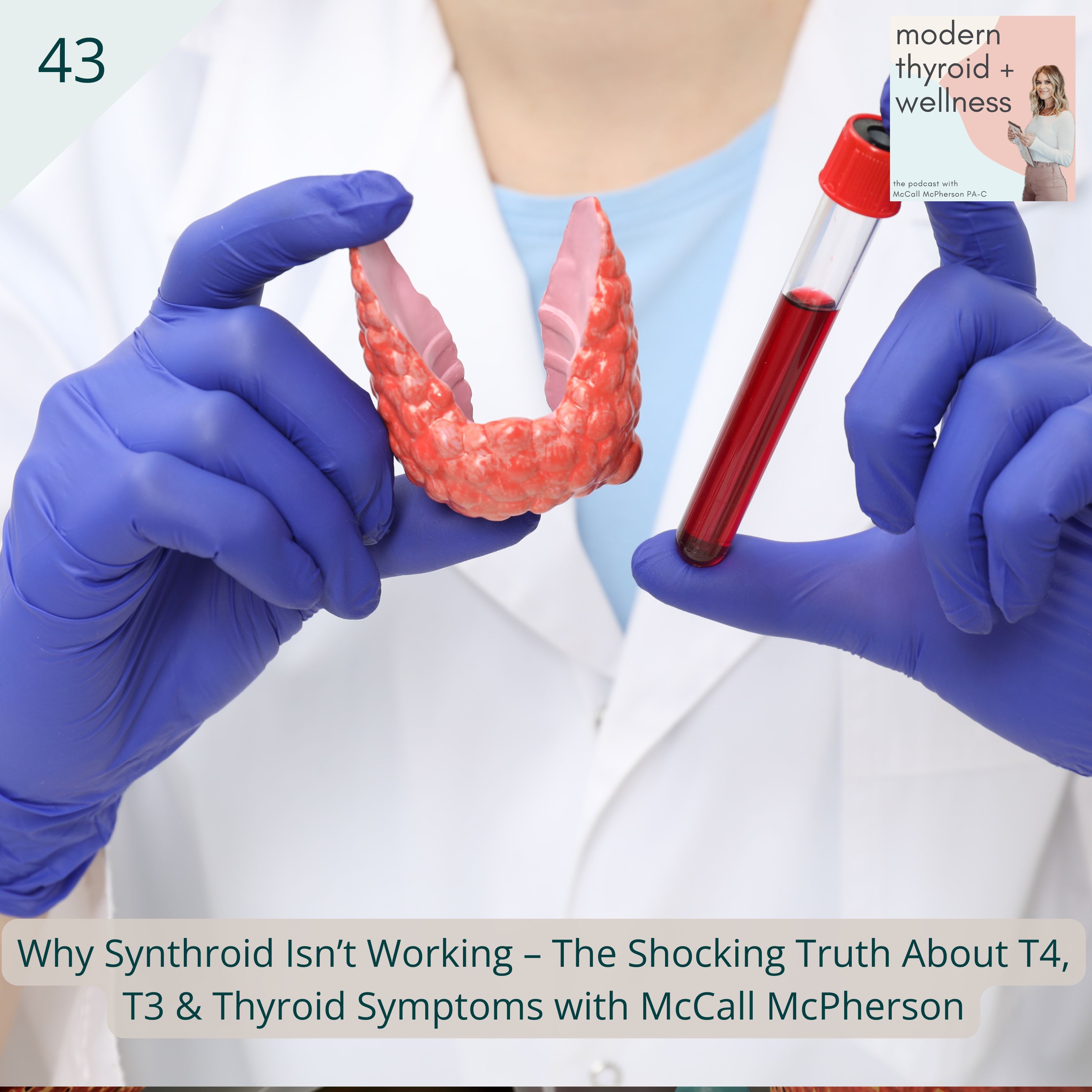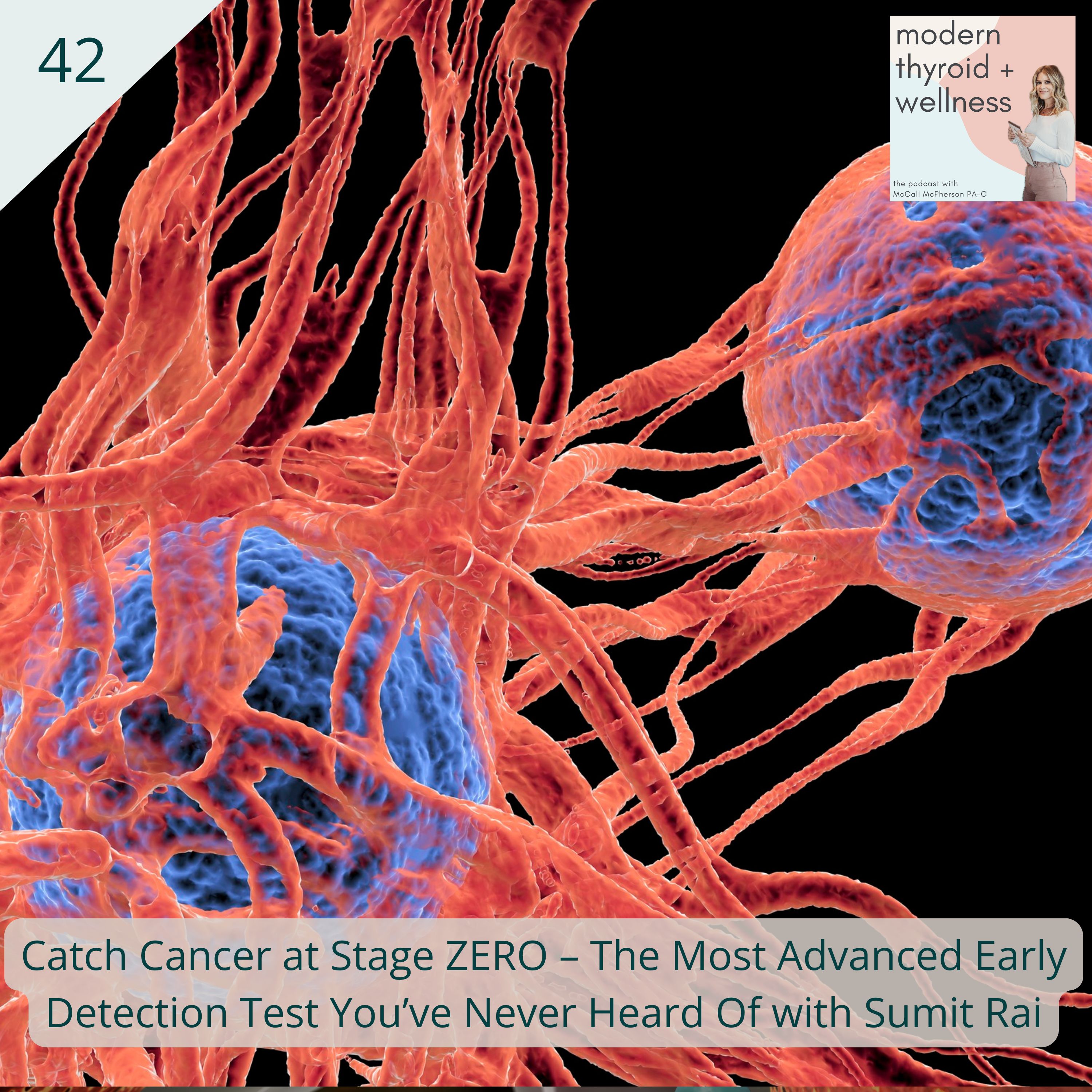💇♀️ Understanding Hair Loss in Women: Causes, Diagnosis & Effective Treatment Strategies
Hair loss in women is more than just a cosmetic issue—it’s often a distressing sign of deeper health imbalances. Despite how common it is, many women feel dismissed or misunderstood when they seek help. In our recent podcast episode, Dr. Breanne Kallonen, an expert in functional and integrative medicine, breaks down the root causes of female hair loss and shares a science-backed, compassionate approach to diagnosis and treatment.
This blog post brings you the highlights and actionable steps from that insightful conversation.
🧠 Why Hair Loss Deserves Serious Medical Attention
Hair loss can deeply affect confidence, self-image, and emotional well-being. More importantly, it’s often an early indicator of issues like iron deficiency, thyroid dysfunction, insulin resistance, or even cardiovascular risk.
Key Insight: Hair loss is often your body’s way of waving a red flag—ignore it, and you risk missing important clues about your metabolic or hormonal health.
⚠️ Common Causes of Hair Loss in Women
🩸 Nutrient Deficiencies
- Iron (Ferritin): Most overlooked yet critical. Even when hemoglobin is “normal,” low ferritin (under 70 ng/mL) can trigger shedding.
- Vitamin D: Essential for immune regulation and hair follicle cycling.
- Others: Zinc, biotin, and B-complex vitamins are important, though less commonly deficient.
👉 Action Steps:
- Request ferritin and vitamin D tests.
- Aim for optimal—not just “normal”—lab values.
- Improve absorption with gut support if levels stay low.
🔄 Hormonal Imbalances
- Androgens: High testosterone and DHEA can lead to androgenic alopecia (female pattern baldness).
- Estrogen Shifts: Perimenopause and menopause lower estrogen, contributing to shedding.
- Thyroid Dysfunction: Both hypothyroidism and autoimmune thyroiditis (Hashimoto’s) are major culprits.
👉 Action Steps:
- Run a complete hormone panel (including SHBG, free T, DHEA).
- Test thyroid panel: TSH, Free T4, Free T3, and antibodies.
- Always interpret labs in context of symptoms and cycle phase.
🧬 Autoimmune Factors and Chronic Stress
- Alopecia Areata: An autoimmune form causing patchy hair loss.
- Telogen Effluvium: Common post-stress or post-illness (including COVID).
- Chronic Stress: Raises cortisol, which disrupts hormonal and immune balance.
👉 Action Steps:
- Track major life stressors or illness within the past 3 months.
- Support immune recovery and consider stress-reduction techniques.
🧁 Insulin Resistance & Metabolic Health
- Present in up to 88% of North Americans, insulin resistance drives inflammation and hormonal imbalance.
- It increases free testosterone and disrupts nutrient absorption—fueling hair loss.
👉 Action Steps:
- Request fasting insulin, glucose, and HbA1c.
- Reduce sugar and processed carbs.
- Add strength training and anti-inflammatory supplements (e.g., inositol, berberine).
🔬 The Importance of a Comprehensive Diagnosis
🧪 Beyond "Normal" Labs
Many doctors rely on outdated ranges. For example, a ferritin of 15 ng/mL is “normal” in some labs but not optimal for hair regrowth.
Expert Tip: Work with a provider who understands the nuances between normal and optimal—especially when it comes to hormones, thyroid, and metabolic labs.
🧾 Key Labs to Request:
- Ferritin
- Vitamin D
- TSH, Free T4, Free T3, Thyroid Antibodies
- Total & Free Testosterone, DHEA, SHBG
- Fasting Insulin, Glucose, HbA1c
- CBC, B12, Zinc (as needed)
🧠 Symptom Patterns to Track:
- Sudden vs. gradual hair loss
- Diffuse thinning vs. patchy spots
- Accompanying fatigue, mood changes, cycle irregularities
🌱 A Holistic & Personalized Treatment Plan
🥩 Nutrition & Protein
- Hair is made of keratin, a protein. Many women don’t get enough.
- Target: At least 100g of protein per day
- Include diverse veggies to support gut health, fiber, and nutrient absorption.
🧬 Metabolic Support
- A low-glycemic, whole-foods diet is foundational.
- Add movement: Resistance + cardio work best.
- Consider natural insulin sensitizers like berberine or inositol.
🛌 Lifestyle Foundations
- Sleep: Aim for 7–9 hours per night.
- Stress: Practice mindfulness, journaling, or breathwork.
- Hydration: Essential for circulation and cellular repair.
💊 Targeted Therapies & Cautions
Evidence-Backed Options:
- Red Light Therapy: Boosts scalp blood flow and follicle activation.
- Collagen & Biotin: May support hair density when used consistently.
- Topicals: Caffeine-based or ketoconazole shampoos can reduce inflammation and DHT activity.
- Natural Botanicals: Emerging research on adaptogens like saw palmetto, horsetail, and KOSA formulas.
🚫 What to Watch Out For:
- High-dose testosterone therapy may backfire for women.
- Over-supplementation can worsen imbalances—always test first.
✅ Action Plan for Women Experiencing Hair Loss
- Get full blood work—don’t settle for basic panels.
- Track symptoms—bring detailed notes to your provider.
- Focus on foundations—protein, sleep, stress, hydration.
- Be patient—hair takes months to regrow. Progress is slow but possible.
- Work with a provider trained in functional or integrative approaches.
💬 Final Thoughts: More Than a Hair Problem
Hair loss is your body’s way of asking for help. Whether it’s from stress, nutrient gaps, or hormone chaos—it deserves compassionate care and a customized strategy. With the right testing, mindset, and action plan, regrowth is possible.
If this topic resonates with you, make sure to tune into the full episode with Dr. Breanne Kallonen on the Modern Thyroid and Wellness Podcast. Her expertise offers hope, clarity, and a roadmap for women ready to reclaim their health—starting at the roots.


